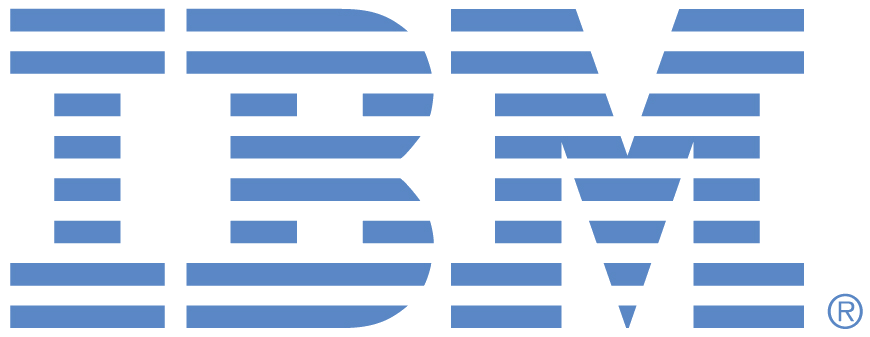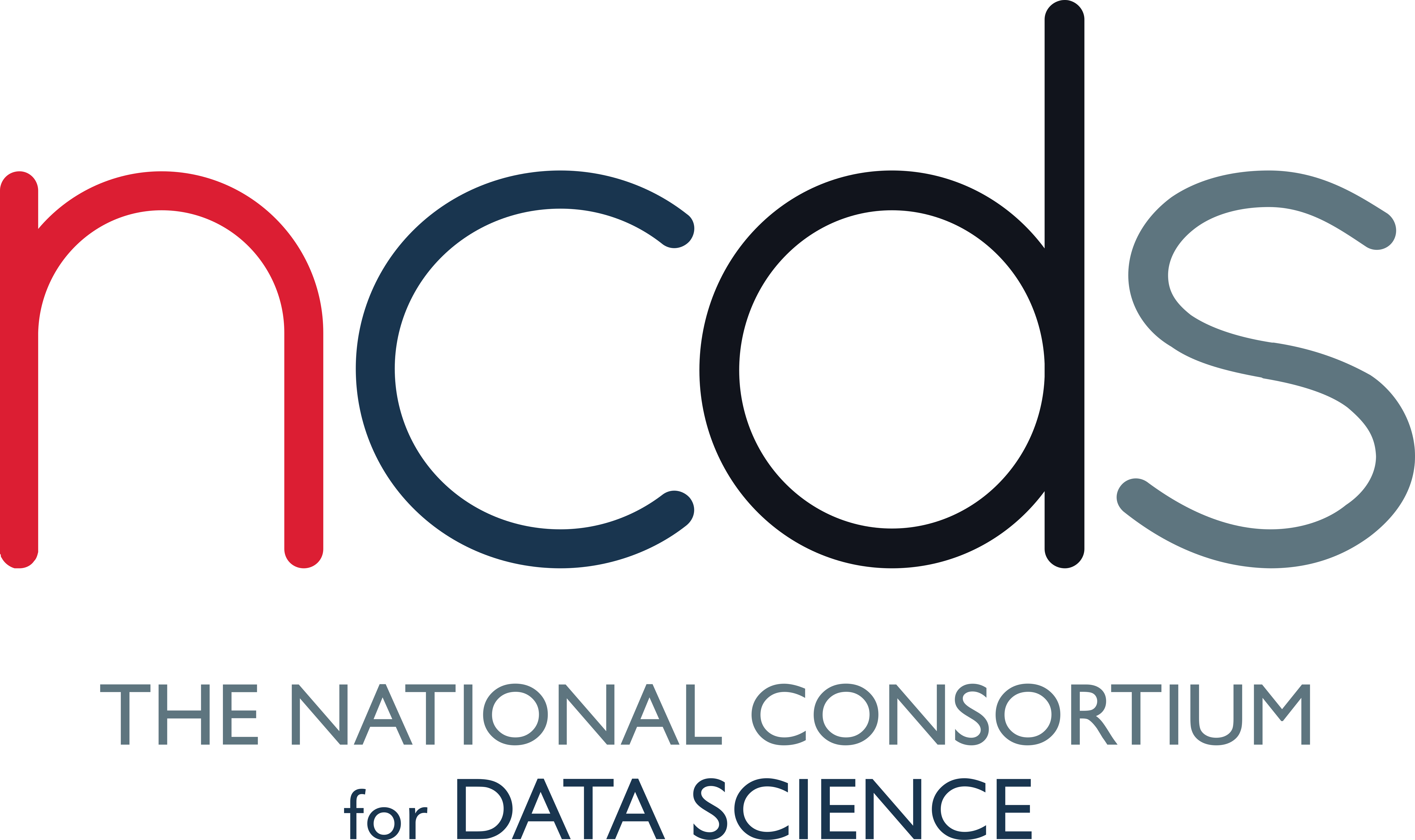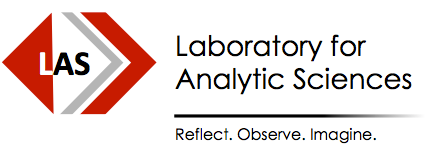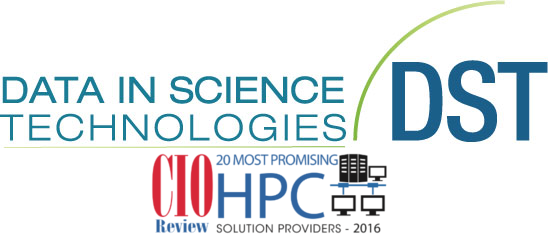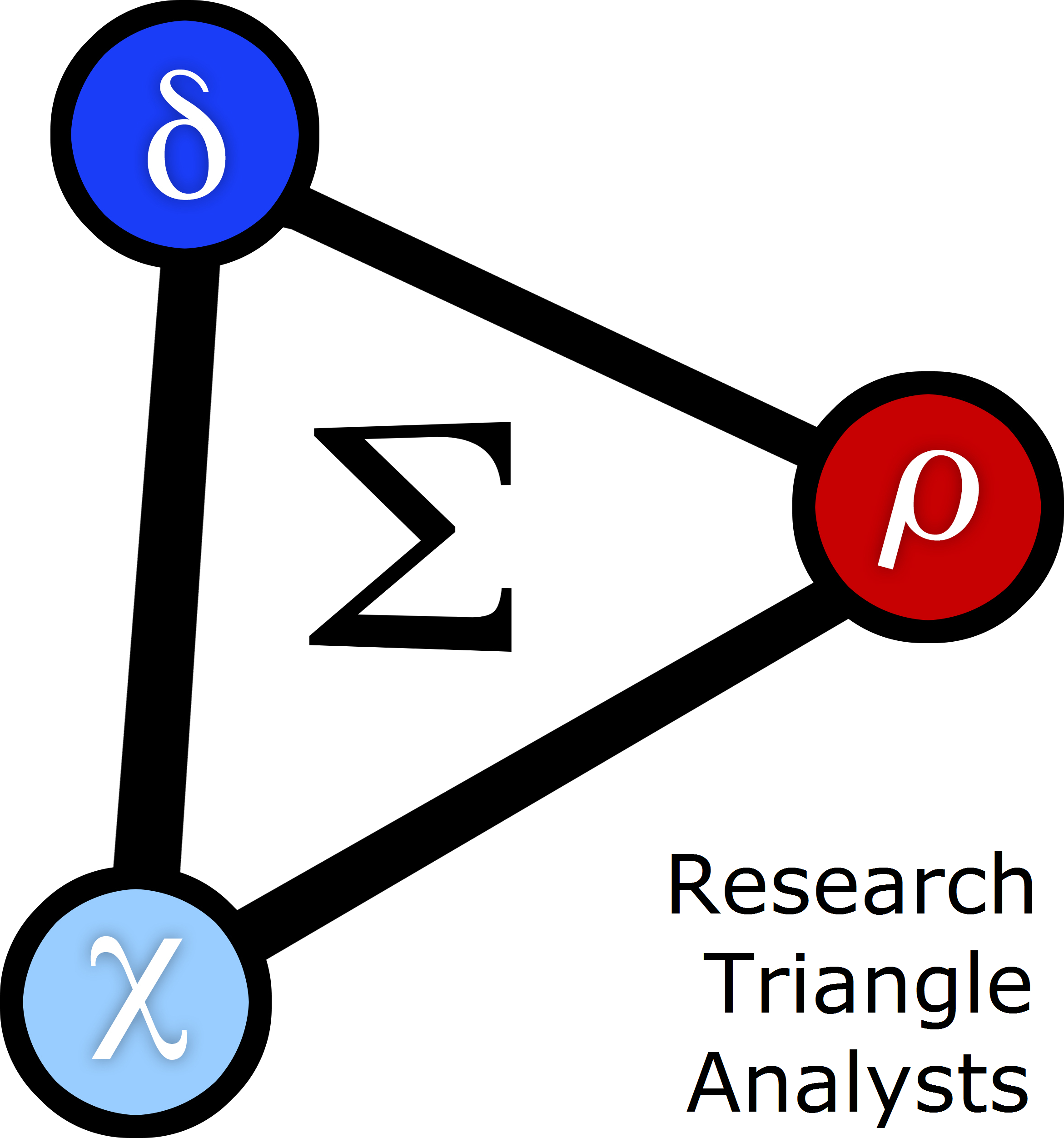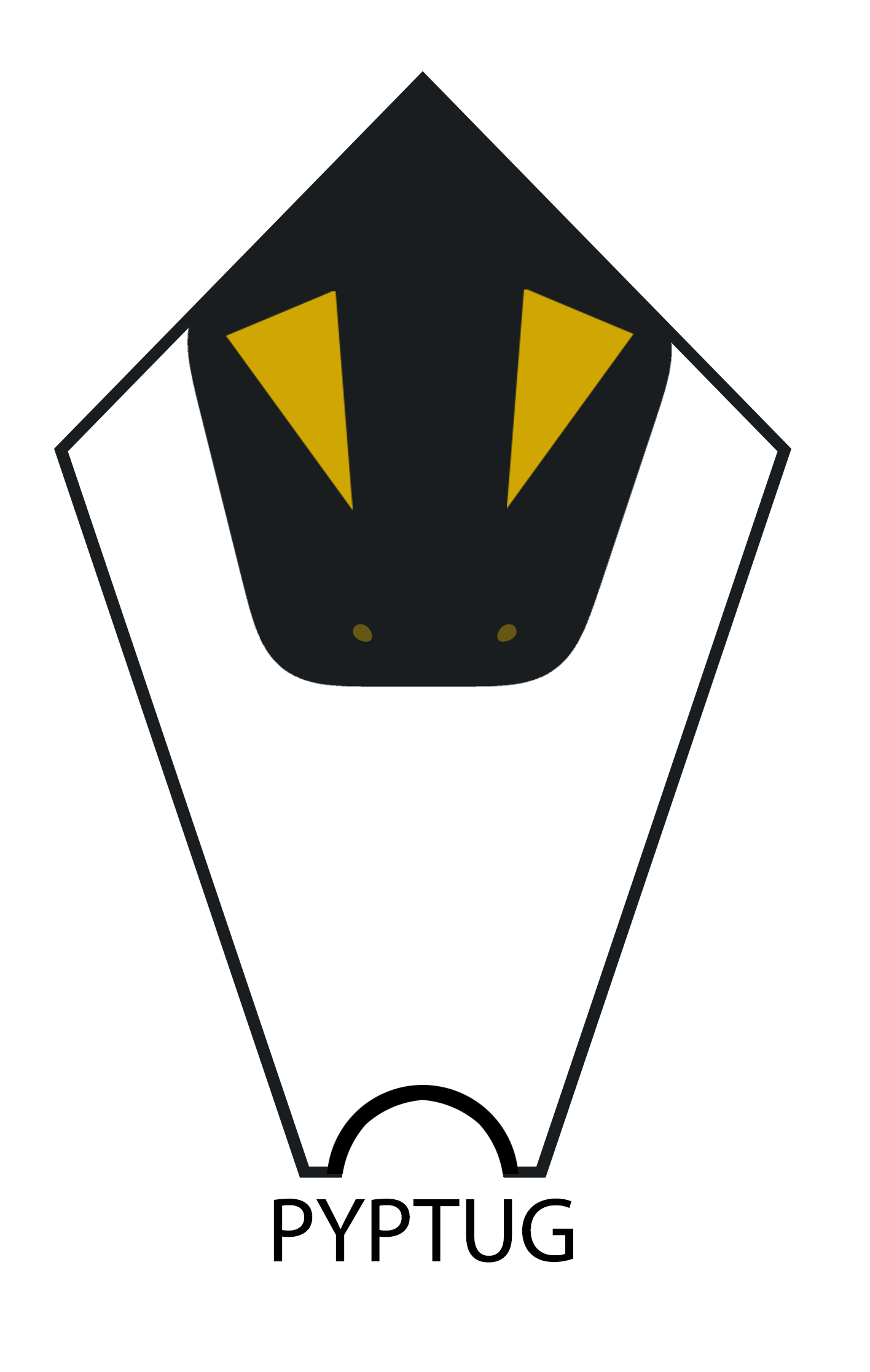
Deepak Roy Chittajallu
Deepak is currently working as a Senior R&D engineer in the Medical Computing Team of Kitware. His core expertise and research interests include the areas of computer vision, image analysis, machine learning and pattern recognition.
Deepak received a B.Tech. in Computer Science and Information Technology from Jawaharlal Nehru Technological University, as well as an M.Sc. and a Ph.D. in Computer Science from University of Houston. Prior to joining Kitware, he was a Postdoctoral Research Fellow in the Laboratory of Computational Cell Biology of Harvard University.
His post-doctoral research at Harvard University was is in the area of bio image analysis involving the development of a first-of-its-kind computational framework for automated quantification of the effects of cancer drugs on cell cycle progression at a single-cell level in human tumor models cultured in living mice from 3D intravital microscopy data. The framework employs a synergistic combination of image analysis and machine learning techniques for robust 3D segmentation and cell-cycle state identification of individual cell-nuclei with widely varying morphologies, even when embedded in a highly complex tumor environment. The framework enabled the study of the in vivo cell-cycle effects of cancer drugs on a dataset of size larger than has ever been reported in the realm of intravital microscopy.
His doctoral research at University of Houston was in the area of medical image analysis involving the development of computational methods for the detection and localization of coronary artery calcium in non-contrast CT data. In particular, he was involved in the development of: (i) a set of knowledge-driven MRF models for medical image segmentation with particular emphasis on the incorporation of prior information into the segmentation problem (ii) Graph-based methods for the segmentation of Inner-thoracic wall, Diaphragm, and Heart, and (iii) Machine learning methods for the detection of coronary artery calcium and estimation of coronary artery zones zones.
His M.Sc. research at University of Houston was on the topic of “Computer-Aided Breast Reconstructive Surgery” wherein he was involved in the development of methods for (i) quantitative analysis of breast morphology from 3D surface scans of the torso, and (ii) a novel geometric model that captures the overall shape of the breast (with just a few parameters) coupled with a physics-based deformable model framework to fit the shape model to real data.
His research has resulted in numerous publications with a total of over 150 citations. Some of these publications are in premier conferences or journals such as Nature Methods, CVPR and MICCAI. Also, in recognition of his dissertation work, he received the “Best Ph.D. Award" from the Department of Computer science at University of Houston. Please visit his webpage (http://www.drchittajallu.info/) for more information about his research.
Presentations
HistomicsTK: An open-source python toolkit for web-based analysis of digital histopathology data
Friday 1:10 PM–1:50 PM in Room 1

